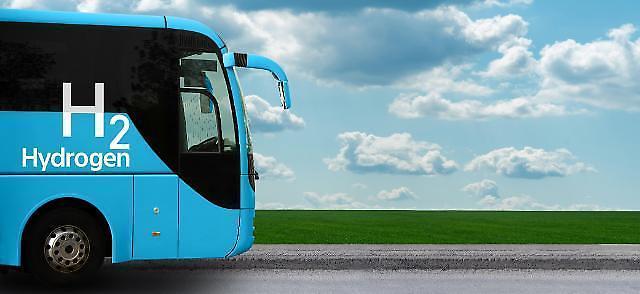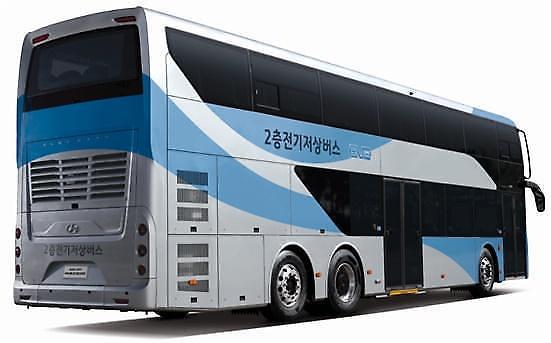
[Gettyimages Bank]
Green hydrogen uses electrolysis to split water and release only hydrogen and oxygen. It is regarded as an important part of a sustainable ecosystem. Jeju, which has relatively long intervals between bus schedules compared to other cities, has been used as a testbed for eco-friendly vehicles such as hydrogen and electric cars. Tourists often rent electric vehicles (EVs) to travel around the city. As of October 2022, some 22,000 EV chargers were installed on the island.
Jeju said in a statement that a green hydrogen fueling station will be operated in Hamdeok starting in March 2023. A green hydrogen production plant installed in the northeastern area of Gujwa will produce up to one ton of green hydrogen daily.
South Korea, which had a renewable energy dependency rate of 4.8 percent in 2020, is trying to achieve net-zero carbon dioxide emissions by 2050. Seoul has accelerated the adoption of hydrogen and electric buses as part of its eco-friendly project that aims to operate some 1,000 hydrogen buses and build 11 hydrogen fueling stations by 2025. In January 2021, the capital city also adopted 27 electric buses to replace diesel buses.


